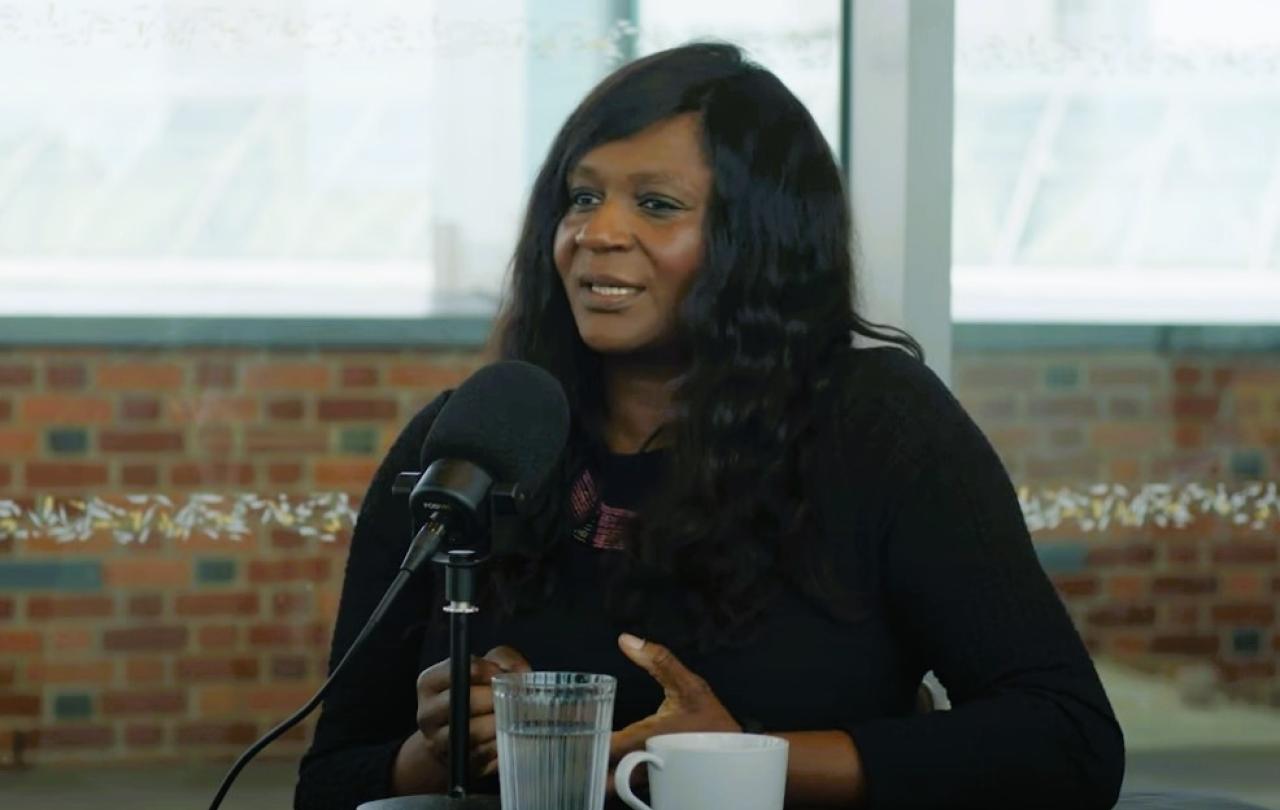
Healthcare hinges on the principle of double effect. This ethical principle makes the vital distinction between intent and effect. That is, one’s intent does not always result in a single intended effect, whether foreseen or not. In taking a patient’s blood, for example, my intent is to acquire information to aid treatment. An additional effect of this process is that—almost inevitably—this patient will experience pain, albeit minor. This principle of single intent and multiple effects applies throughout the practice of caring for human bodies, in all those instances where caring for those bodies involves physical interference, from prescribing medications to surgical procedures. And, in some instances, identifying and treating symptoms (such as terminal breathlessness) involves the use of medications that, as an unintended effect, result in death.
In the case of assisted dying, the distinction is important. The intent of assisted dying is to end pain and suffering by ending life. The ending of life is the treatment used to relieve pain and suffering. The intent is not to isolate and treat particular symptoms associated with a condition. The intent is to bring the condition itself to an end—which requires bringing the patient’s life to an end. This is not to make any judgment whatsoever about whether such a course is “right” or “wrong”, but rather to draw out the simple observation that this course involves an unprecedented change in medical practice. Assisted dying involves the categorical adoption of ending life as a possible treatment for a condition.
This is not quite the same as the slippery slope argument; it is about the logic of assisted dying. The point I am making is this: once ending life is introduced as a treatment, the key ethical step has already been taken. Applying that treatment in other instances of “suffering” (be they mental illness or ageing, for example) does not involve any new ethical steps. It simply involves the further application of a principle that has already been adopted. Despite the considered safeguards of the bill, therefore, the moral-ethical arguments against applying this treatment more widely will, at best, stand on shaky ground. For who could be so bold as to insist on what constitutes “suffering” for an individual?
Should the bill hold out the keys of death in this way? I can only think of One who is strong enough to wield those…





